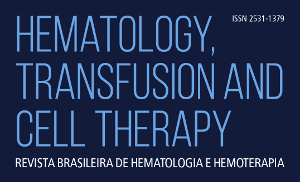Abstract
Introduction
Type 2 diabetes mellitus, characterized by insulin resistance, corresponds to approximately 90% of cases of diabetes worldwide. Hyperglycemia in diabetes contributes to hyperfibrinogenemia and activates the coagulation cascade thereby producing atherothrombotic events.
Objectives
This study was designed to evaluate the coagulation profile (activated partial thromboplastin time, prothrombin time and fibrinogen) in Type 2 diabetes and to analyze correlations between body mass index, fasting blood glucose, glycated hemoglobin and duration of diabetes with coagulation parameters.
Methods
This study included 60 type 2 diabetics and 30 controls. Diabetic patients were grouped in two sets based on the presence or absence of microvascular complications. The demographic profile and clinical details were recorded. Fasting blood glucose, glycated hemoglobin, coagulation parameters such as prothrombin time, activated partial thromboplastin time and fibrinogen along with other biochemical parameters were investigated.
Results
There were statistically significant differences in the coagulation parameters between the two groups of diabetics (with and without complications). The present study also found significant correlations between age and the duration of diabetes with and without complications and coagulation parameters such as the activated partial thromboplastin time, which was found to be significantly lower, and fibrinogen, which was found to be significantly higher in subjects with complications compared to subjects without complications.
Conclusion
Clinical tests for prothrombin time, activated partial thromboplastin time and fibrinogen are relatively inexpensive and readily available. The present study shows that shortened prothrombin time, activated partial thromboplastin time and increased fibrinogen levels might be useful hemostatic markers in diabetic patients, especially in those at high-risk for thrombotic complications.
Keywords
Diabetes mellitus; Coagulation; HbA1c; PT; APTT






